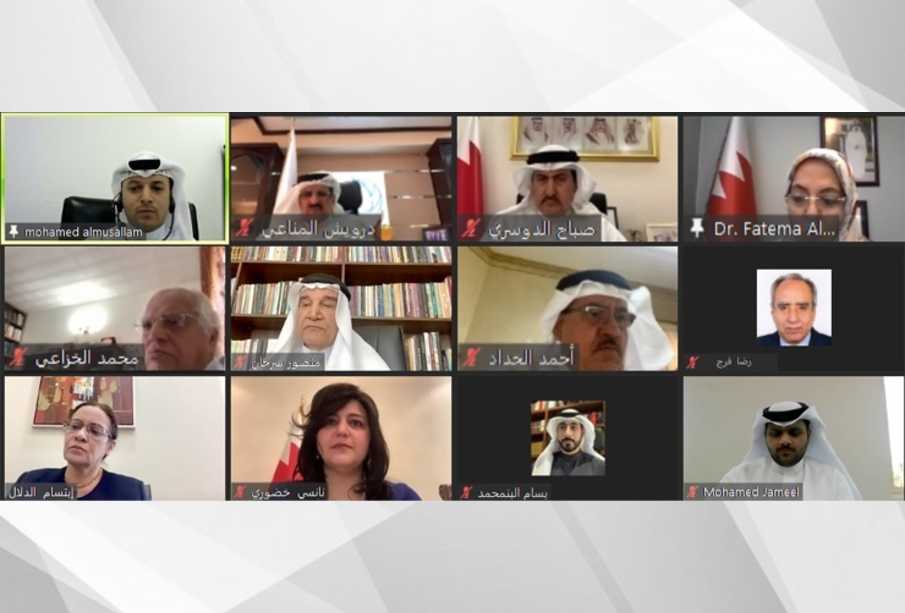About 4,000 individuals, including men, women and youngsters aged between 16 and 21, have their jail terms commuted into alternative penalties since the beginning of the implementation of the Alternative Penalties and Procedures Law, and until last month, Head of the Execution Prosecution at the Public Prosecution, Mohammed Al-Musallam, has revealed.
Al-Musallam affirmed that the Public Prosecution, the Interior Ministry and the Justice, Islamic Affairs and Endowments Ministry are exerting tremendous and continuous efforts to enforce the law and integrate the beneficiaries of alternative penalties into reformation and rehabilitation programmes commensurate with their age and conditions, in accordance with the requirements and terms stipulated by the Law.
Addressing a virtual panel discussion organised today by the Shura Council’s Secretariat-General, in cooperation with the Public Prosecution, Al-Musallam stressed that the Alternative Penalties and Procedures Law has proven successful and contributed to the rehabilitation and reformation of the convicts who serve alternative penalties, noting that the majority of the beneficiaries have adhered to the law.
Al-Musallam pointed out that many governmental and private institutions and agencies have contributed to the success of the law, by responding to requests to integrate the convicts into their community service programmes, praising their great role in increasing the number of beneficiaries.
He indicated that the majority of the beneficiaries have not committed any problems or crimes in the entities and institutions in which they implemented the alternative punishments, noting that there are 300 people had their alternative punishments removed because they committed crimes outside the places of institutions and entities where the punishments were implemented or because of their failure to implement the alternative punishment.
He added that the Public Prosecution receives requests to replace jail terms by alternative penalties on a daily basis, noting that the requests are studies, and the type of alternative punishment is determined according to the applicant’s age and conditions.
The Head of the Execution Prosecution indicated that the General Directorate of Reformation and Rehabilitation at the Ministry of Interior is exerting tremendous efforts and is keen to provide capabilities and programmes that contribute to the rehabilitation of convicts and inmates who do not meet the requirements.
He asserted that the Alternative Penalties and Procedures Law aims to achieve several goals, including reformation, rehabilitation and social reintegration of convicts, giving a role to the family and society in reforming the conduct of some behaviorally-deviant individuals, in addition to the keenness of not jailing some groups in prisons, such as first-time offenders and the short-term convicts.
Members of the Shura Council who participated in online panel discussion affirmed that the Alternative Penalties and Procedures Law is an advanced legislations in the kingdom, and plays a positive role in reforming convicts in order to be partners in societal development.
They commended the efforts being made by those in charge of enforcing the Alternative Penalties and Procedures Law, noting that the expansion of the application of this law will ensure its great success, and achieve the forecast goals.


